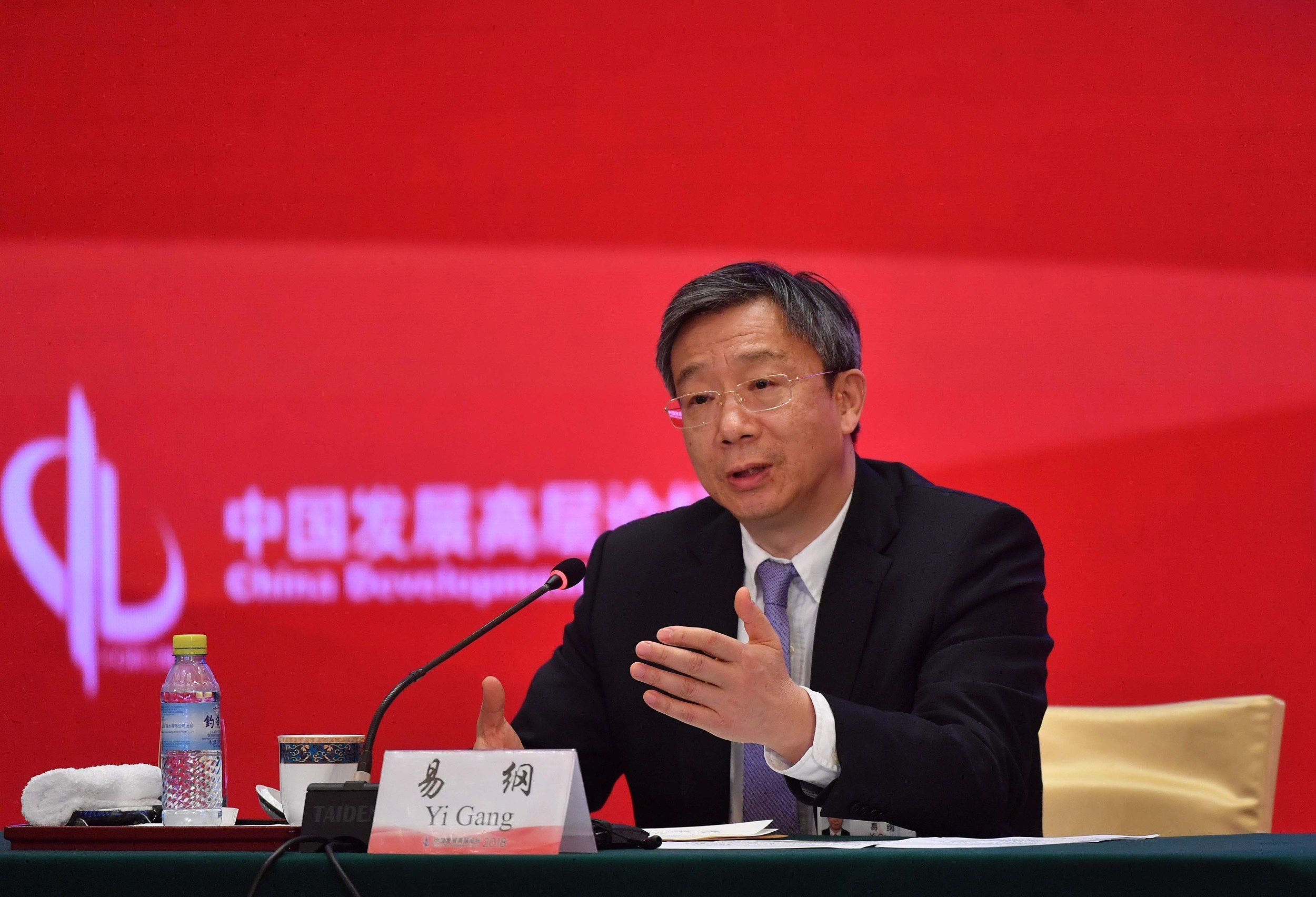
Business
12:11, 28-Mar-2018
Blockchain growth gathers momentum with new PBOC platform
Nicholas Moore

The People’s Bank of China has stepped up its development of blockchain technology, with the launch of the first blockchain platform operating under the central bank.
The Blockchain Registry Open Platform (BROP) was launched Monday by the Zhongchao Blockchain Research Institute, a subsidiary of the PBOC that was responsible last September for the launch of the central bank’s first blockchain research institute.
A white paper detailing the initial plans for BROP underlines how blockchain technology can solve problems such as falsification of data and identity checks, while streamlining bureaucracy and the rapid sharing of information across various sectors.

New PBOC Governor Yi Gang has previously spoken in favor of blockchain development. /VCG Photo
New PBOC Governor Yi Gang has previously spoken in favor of blockchain development. /VCG Photo
BROP will be a registration platform that will provide reliable data, traceability, and identity verification to third-party partners, while also allowing such partners to share data and cooperate in good faith.
The white paper outlines how BROP could be used in various industries, including food supply chains, healthcare and the charity sector.
BROP could also be used to enhance and improve data-sharing between the government and companies, as well as providing official certification and appraisals through the Internet.
While the white paper does not reveal explicit details on how and when it will be applied, background activity undertaken by subsidiaries of the PBOC suggests that a great deal of research has gone on behind the scenes.
People’s Daily reported last week that China’s central bank filed more blockchain-related patents than any other global companies or institutions last year, with 68 applications made by three branches of the PBOC.

The People's Bank of China, Beijing /VCG Photo
The People's Bank of China, Beijing /VCG Photo
Zhongchao Blockchain Research Institute filed 22 blockchain patents in 2017, as China led the rest of the world by filing 225 patents overall – a massive increase on the 59 applications made in 2016.
In February, People’s Daily said “China has always been a staunch supporter of blockchain,” with the technology “first written into China’s 13th Five-Year Plan for the development of information technology in December 2016.”
The national push to develop blockchain technology has not only seen a boom in the number of new patents being filed, but also a rush in the jobs market.
China Daily reported earlier this month that job opportunities in the blockchain sector “rose by 9.7 times between January 1 and February 28 compared with the same period last year.”
The report suggested that engineers working with blockchain are now among the country’s highest earners, commanding an average monthly salary of 25,800 yuan (4,080 US dollars).

SITEMAP
Copyright © 2018 CGTN. Beijing ICP prepared NO.16065310-3
Copyright © 2018 CGTN. Beijing ICP prepared NO.16065310-3